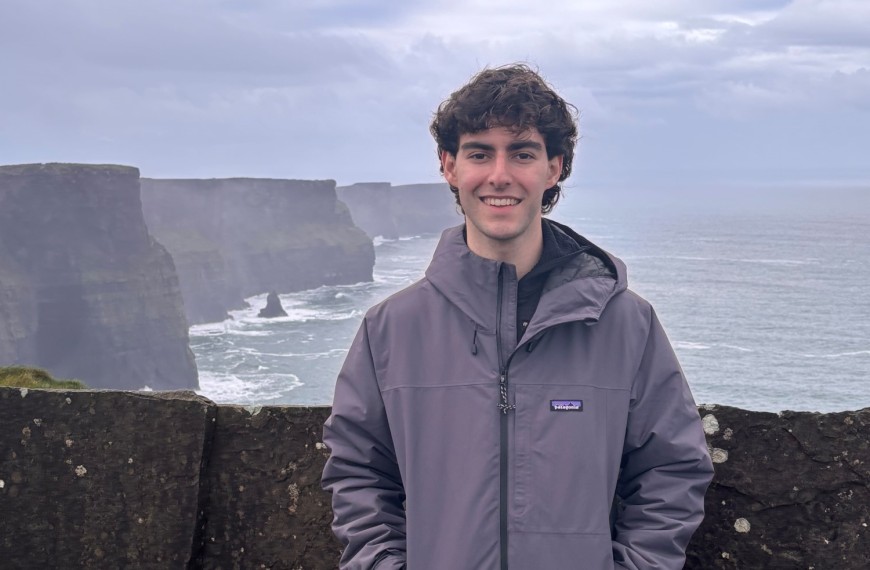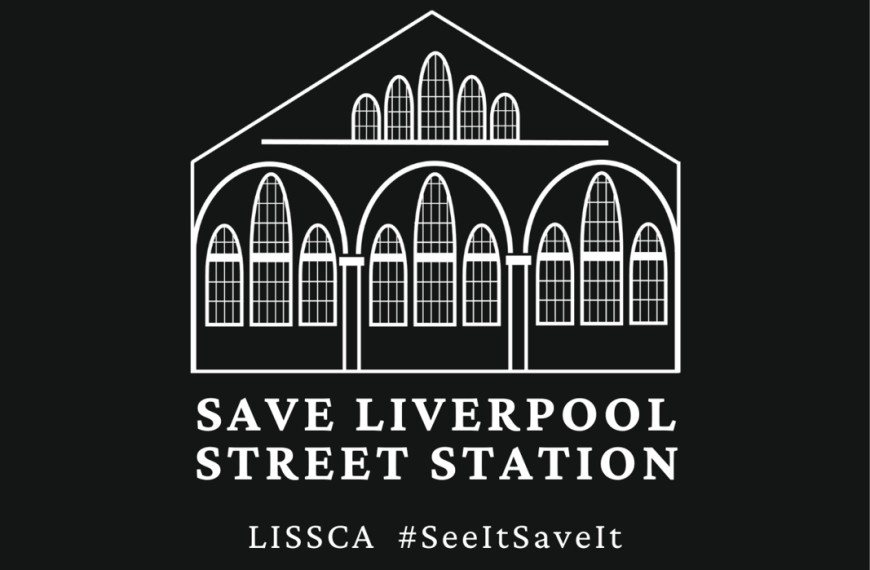By Liz Power, Director of HB&P
It was mid-May 2024 when I realised that June wasn’t going to be the quiet month I’d planned!
I had a few events already in my diary, but when Historic England asked me to talk to Heritage Planners as part of a series of events in the north of England, I realised just how fun and exciting the month would be!
Even before that, my schedule was looking quite full. I had arranged to deliver the full Carbon Literacy Heritage training for our fellow amenity society, The Twentieth Century Society. The training turned out brilliantly, with a mix of staff, trustees, and volunteers. There was a lot of talk about the role their society could play in the reuse of more modern listed buildings and how their advice had evolved over the years to meet the needs of buildings as changes are made to reach Net Zero.
I also delivered Carbon Literacy training for the Executive Team at Historic England (HE), including Chief Executive Duncan Wilson and the other senior directors. It was amazing to hear them discuss the work Historic England is doing to get itself and the heritage sector to net zero, as well as the challenges they still face.
So talking for Historic England about the path towards net zero for the heritage sector seemed like a natural fit. This led me to York, Manchester, and Newcastle, exploring the theme with heritage planning specialists from the HE regional teams. As a bonus, I was able to make a brief stop in Durham to visit one of our new Trustees, Clare Knowles, who graciously gave me a tour of Durham Cathedral. This grand tour ended with me presenting at the Association of Independent Museums, where I am a Trustee, and delivering a workshop to help small museums calculate their carbon footprint of their buildings. It was a cold and wet conference at the Black Country Living Museum in Dudley, but what a brilliant heritage site!
The month wasn’t over yet. Representing the Joint Committee of Amenity Societies, I attended the Historic Environment Forum’s annual Foresight Day. We spent the day thinking about the challenges heritage faces, particularly funding, the link to the natural environment, and what heritage’s ask will need to be to the next incoming government.
I ended the month much as it started, with a new Carbon Literacy course commissioned by the British Film Institute (BFI) for Heritage Cinemas. This course is based on the heritage course but includes additional information and case studies for cinemas, giving it a unique twist.
And with that, the month came to an end. I felt like my feet had hardly touched the ground. There’s a real appetite for the work we do and the perspective we offer in helping people care for buildings and achieve net zero. People are eager for information, training, and space to talk, and this month has shown that HB&P is in just the right place to provide that.


